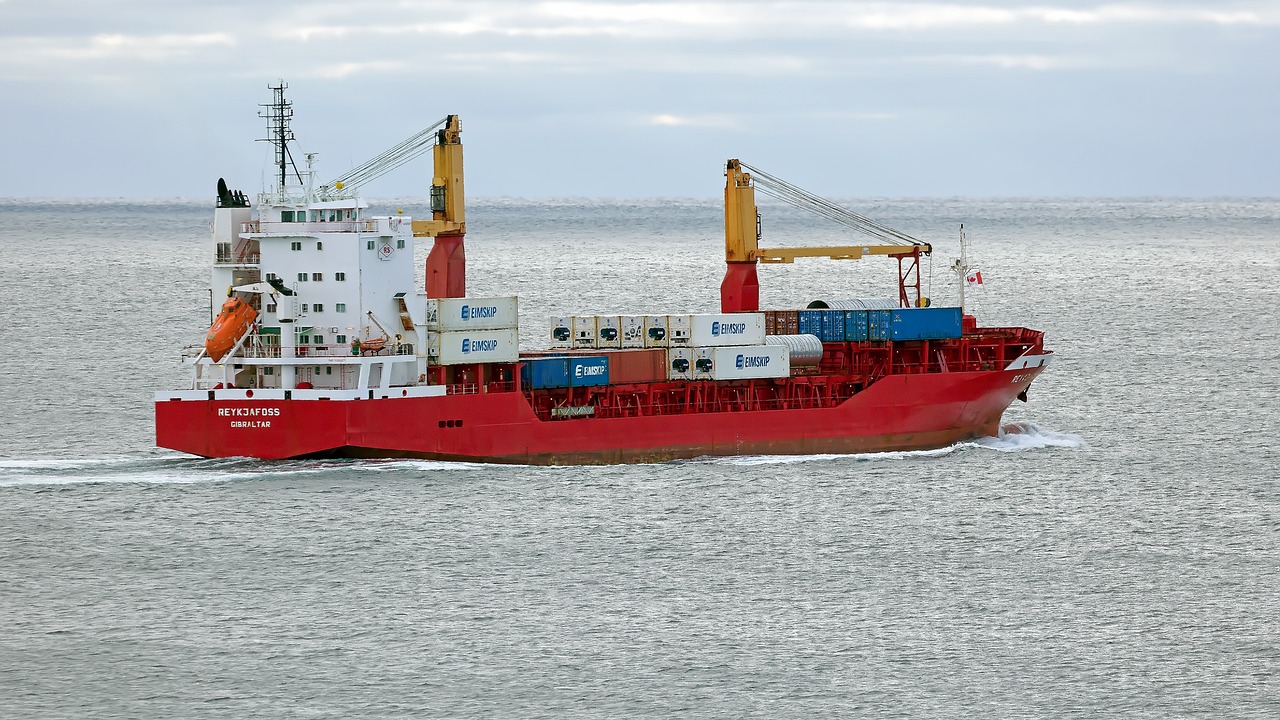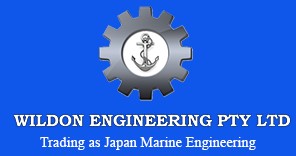Marine Separators: Reducing Operational Costs on Commercial Vessels
Blog | December 13th, 2024
Marine separators from Wildon Engineering in Australia effectively reduce operational costs on commercial vessels by enhancing waste management and compliance.
Marine separators are crucial for managing oily wastewater on commercial vessels, significantly reducing operational costs while ensuring compliance with environmental regulations. Provided by Wildon Engineering in Australia, these separators enhance waste management efficiency by effectively removing oil from bilge water and other wastewater streams.
What are Marine Separators?
Marine separators are crucial equipment used in marine and industrial applications to separate oil from water. They play a vital role in environmental protection by ensuring that oily wastewater is treated properly before being discharged into the ocean or other bodies of water. Here’s an overview of how marine separators work:
Marine Separator Operations
Marine separators operate on the principle of density differences between oil and water, as well as the effects of gravity. The system typically uses a combination of mechanical and physical processes to achieve effective separation.
• Inlet and Mixing: The oily water mixture is introduced into the separator through an inlet. Inside the separator, the fluid is agitated to promote the separation of oil from water.
• Gravity Separation: Once the mixture is agitated, the denser water (which is heavier than oil) begins to settle at the bottom of the separator, while the lighter oil floats to the surface. This process relies on gravity and the natural buoyancy of oil, which makes it rise above the water.
• Coalescence: Many marine separators use coalescing media or elements to enhance the separation process. These elements encourage smaller oil droplets to merge into larger ones, which rise more quickly to the surface. The coalescing process increases the efficiency of the separation by reducing the time it takes for oil to separate from the water.
• Skimming and Discharge: Once the oil has risen to the top, it can be skimmed off the surface using a mechanical skimmer or an automated system. The separated oil is then directed to a storage tank for further processing or disposal. The cleaner water, having been separated from the oil, is discharged through an outlet, often after passing through additional filtration or treatment steps to ensure compliance with environmental regulations.
• Control and Monitoring: Marine separators are equipped with various control and monitoring systems to ensure optimal performance. These systems help in adjusting the operation based on the characteristics of the incoming wastewater.
Reducing Operational Costs
Marine separators are indispensable tools for managing oily wastewater on commercial vessels, significantly contributing to operational cost reduction in various ways. Here’s how they help streamline operations and lower expenses.
• Minimised Waste Disposal Costs: Marine separators efficiently separate oil from water, reducing the volume of waste that requires disposal.
• Extended Equipment Lifespan: Marine separators protect other critical systems on the vessel, such as pumps and engines, from damage caused by oil contamination. By ensuring that only clean water circulates in the vessel’s systems, separators extend the lifespan of these components, reducing maintenance and replacement costs over time.
• Reduced Fuel Consumption: By effectively separating and managing waste, marine separators can help vessels maintain optimal weight and performance, resulting in reduced fuel consumption and lower operational costs.
Invest in high-quality marine separators. Contact us at Wildon Engineering.
Optimized by NetwizardSEO.com.au
Recent Posts
- Yanmar Marine Compressors: Applications in Engine Starts, Valves, and Safety Systems
- Water vs Oil in Stern Tube Bearings: The Cost & ESG Truth Shipowners Can’t Ignore
- Yanmar Turbochargers: How Correct Spec-Matching Supports Lower SFOC and Prevents Surge
- Yanmar Diesel Generators: Planned vs Predictive Maintenance Strategies for Remote Operations
- Mareflex SOLAS Marine Tapes: Safety Applications on Marine Vessels
- Yanmar Propulsion Systems: FPP vs CPP Propellers for 6EY and 6N Series Fuel Efficiency
- Mitsubishi K.K. Purifier Separator: The Key to Cleaner Fuel and Smoother Operations
- Kemel Air Seal Retrofits: Leak-Free Stern Tube Seals and Reduced Lube-Oil Risk
- Yanmar Auxiliary Generators: Sizing for Reefers, Hotel Loads, and Dynamic Positioning Systems
- Water Lubricated Stern Tube Bearing (EVR): Proven Technology for Smooth and Quiet Operations
